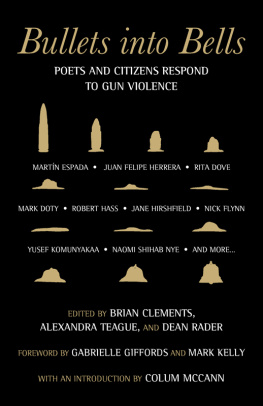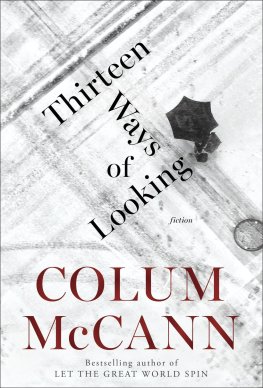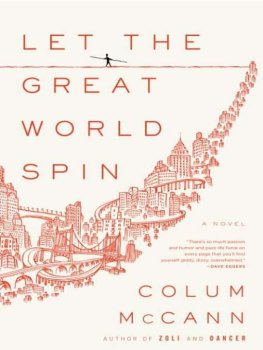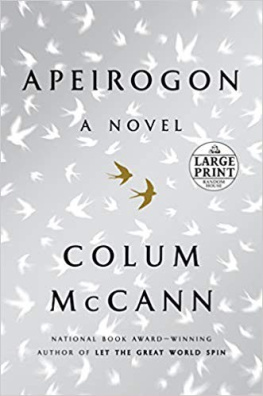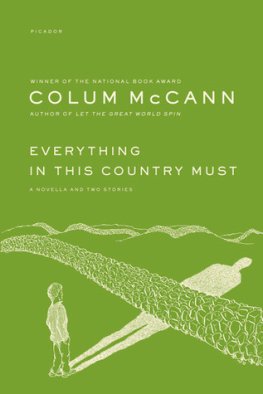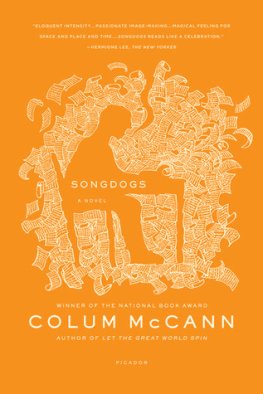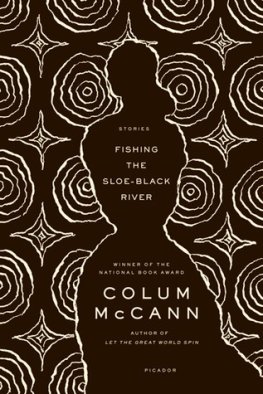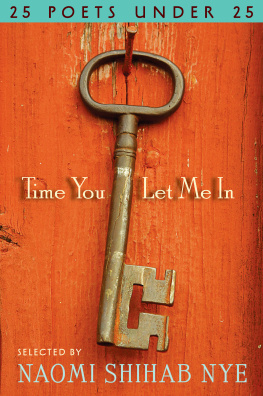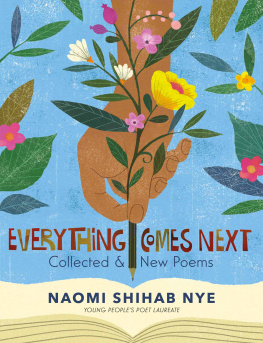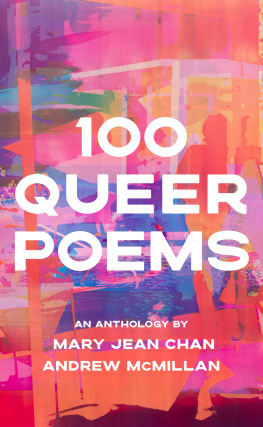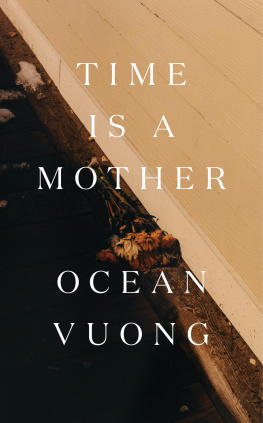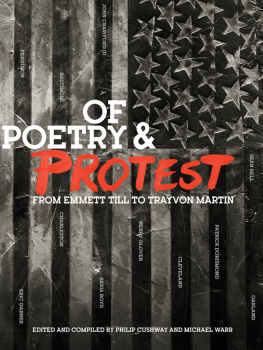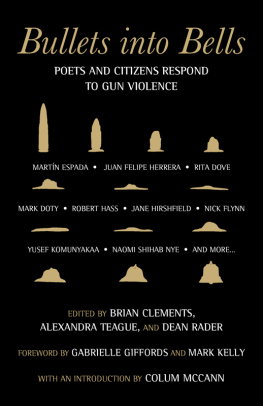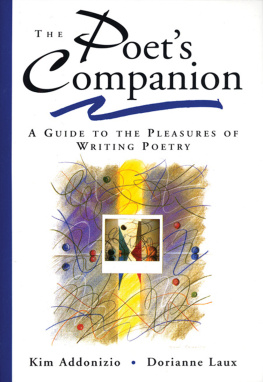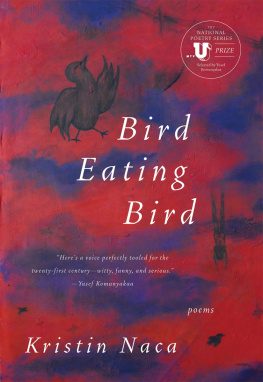
FOREWORD
Congresswoman Gabrielle Giffords and Captain Mark Kelly
Our country is in the grips of a gun violence crisis. It has crept into our neighborhoods, towns, cities, and states. It has created fear in spaces of joy and innocence, like movie theaters and schools. It costs our cities and towns millions of dollars and leaves holes in our communities that can never be filled. It makes our country stand out in the worst of ways.
Neither of us began our lives in public service thinking that gun violence prevention would be our lifes work. But gun violence shattered our lives as we knew them, and we wont stop fighting to prevent mass shooting tragedies and the gun violence that occurs on our streets and in our homes every single day.
Survivors, advocates, and allies can change hearts and mindsand move more people to join our fight for solutionsby telling stories about the irreparable damage that gun violence does to families and communities across the country.
Were in this movement because of our personal story, and we stay committed to preventing gun violence because of stories like these.
INTRODUCTION
THE VELOCITY OF LANGUAGE
Colum McCann
If you speak, you die. If you keep quiet, you die. So, speak and die. Shortly after the Algerian poet and journalist Tahar Djaout wrote these words in the summer of 1993 he was gunned down in the streets of Algiers. Djaout spoke in favor of progress, secularism, decency, a broader world where intellectual and moral narrowness would be defeated. But the bullets did their work: after a week in a coma, Djaout died. His killers, a fundamentalist group, later admitted that they feared him because he wielded the mighty weapon of language.
The tragedy of it all was that Djaouts voice was silenced and amplified at the same time. We have no way of knowing what else Djaout would have said or how he might have shaped a different future for his part of the world. Everything at the end of a bullets journey becomes conjecture.
Still, the fact remains that Djaout did speak out during his short life. His death had backspin. Nobody was going to be able to wipe out what he had already said. Having written, he spoke. Having spoken, he endured. Having endured, he now survives.
What Djaout believed was that a lot of things can be taken away from useven our livesbut not our stories about those lives. Eventually, no bullet will outlast the speed and velocity of language. This notion might totter on the edge of nostalgiaafter all, it seems most likely that its better to be alive than notbut Djaouts words are worth repeating: If you speak, you die. If you keep quiet, you die. So, speak and die.
Poets have known about the perpetuity of language, stories, and music making since the very first days when rock was scraped against the cave wall. In the beginning was the word. Others might repress it, torture it, burn it, chain it, mangle it, but the proper flesh of language cannot be outright annihilated.
The hopeand perhaps the enduring belief of literatureis that it will present itself even more inventively than ever before.
On December 2015 the New York Times ran an editorial on its front pagethe first time the paper had done so since June 1920, when Warren Harding landed the Republican presidential nominationcalling in no uncertain terms for the proper regulation of guns in the aftermath of a spate of shootings. The editorial, titled The Gun Epidemic, said that legally purchased weapons designed to kill with brutal speed and efficiency were a moral outrage and a national disgrace.
At the time of the editorial, the murders in San Bernardino had just happened. Multiple shootings in Colorado Springs had left four people dead. The anniversary of Sandy Hook was just days away. All you had to do was whisper the name of a stateOregon, Virginia, South Carolinaand immediately another tragedy shuddered in the throat.
The newspaper sparked a heated debate in its commentary boxes, with more than seven thousand people weighing in in a matter of days. We have elected the most cowardly human beings one could find to supposedly represent the people who elected them. Frankly as a gun owner I am appalled! Id be happy if we could find and recover our national sanity. Kill someone with a gun, then you are shot by a firing squad the day after your conviction, you could even put it on Pay Per View and give the money to the victims [sic] family. We need civic anger. The Amendment is not a blank check to own any type of weapon. Until you outlaw capitolism [sic], there will always be someone willing to sell whatever people want to buy. They [the NRA] have turned into nothing more than a sycophantic lackey of the small arms industry. Im worried that were losing our grip on our representative democracy.
Newspaper commentary boxes are hardly going to turn into grand symphonic cathedrals, but what was most apparent was the rancor and outright bitterness that bubbled underneath the entries. This was a country at odds with itself. The New York Timess decision to throw its front-page hat into the ring was brave, but what could have been the beginning of true national soul-searching ended up, ultimately, as an exercise in division and derision and re-division.
This became especially poignant when, weeks later, President Obama stood at a White House podium and literally shed tears while recalling the first-graders in Newtown and said that all of us need to demand a Congress brave enough to stand up to the gun lobbys lies. What resulted afterward was a sort of embarrassed national silence that slid its way into the echo chamber of the election year. The sight of a president crying on national television was a shock to the soul. He was not shedding tears for the availability of guns, or for gun control, or the paltry legislative efforts of his own colleaguesrather he was shedding tears for twenty children and six adults who had died four years previously. Obama believed that those deaths could have been prevented by proper moral action in the political sphere. He was joining the human with the political and calling on the country to examine what Faulkner would have termed the human heart in conflict with itself. Obamas reaction was one of the bravest moments in recent political history. Still, nothing happened: or as close to nothing as one can get.
How with this rage shall beauty hold a plea?
What becomes increasingly apparent when talking about guns or gun awareness is that it seemsat least initiallythat there is very little room for embracing lasting nuance. The gauntlet is quickly thrown down. He said, she said. He wont, we wont. All or nothing. Subtlety quickly gurgles down the drain hole, even for those with the best of intentions. There is very little chance for the multiple sides to come together to try to even attempt to understand one another, to find any equivalence, or balance, or redress. The scales of rhetoric get tilted immediately. There is so much at stakenot just money or pride or politics, but our actual thumping lives.
Yet, what is seldom addressed in the debate about guns and gun ownership is that the vast majority of people in this countryexcept for a small fringe of lunatics, homegrown and foreign bothfeel the exact same way about one thing: they abhor violence. This is the common ground on which most proper-thinking people stand, whether they have a gun underneath the pillow or not. Gun control advocates and the pro-gun lobby often want the exact same thing; they just havent figured out how they can get it

